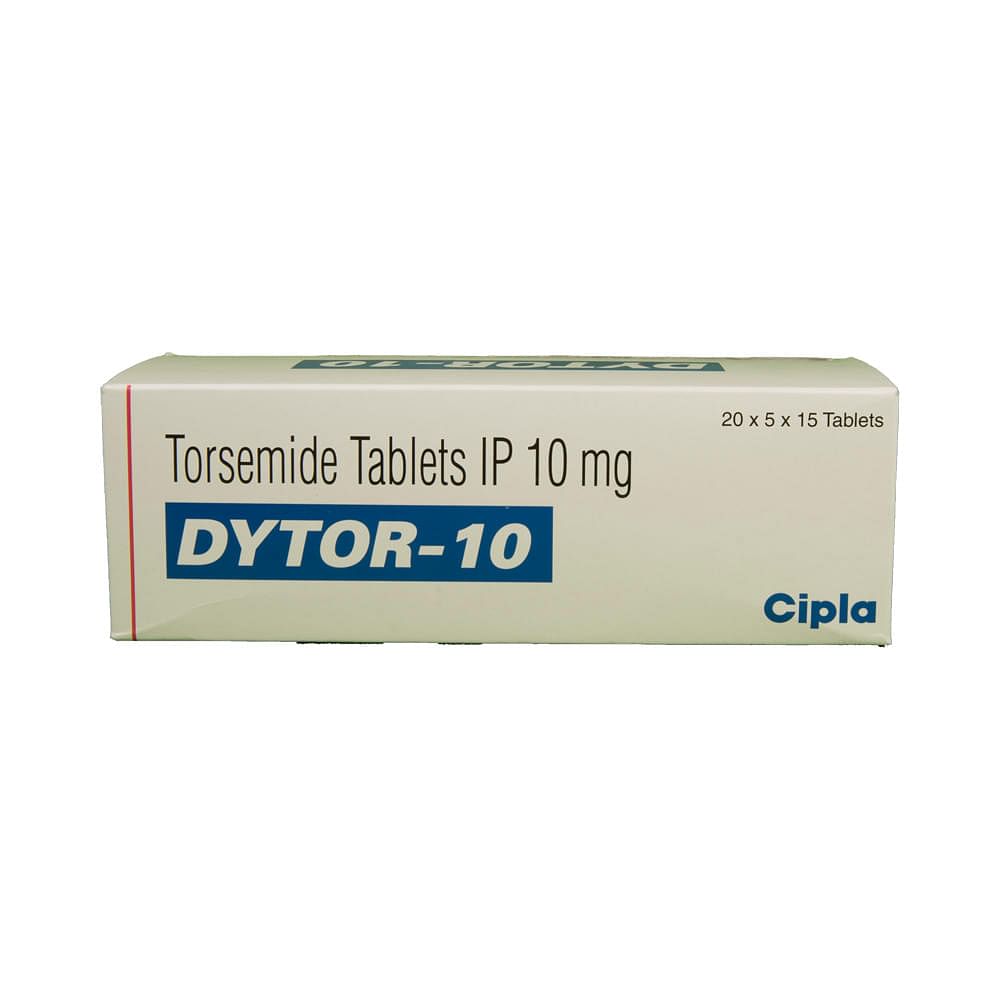
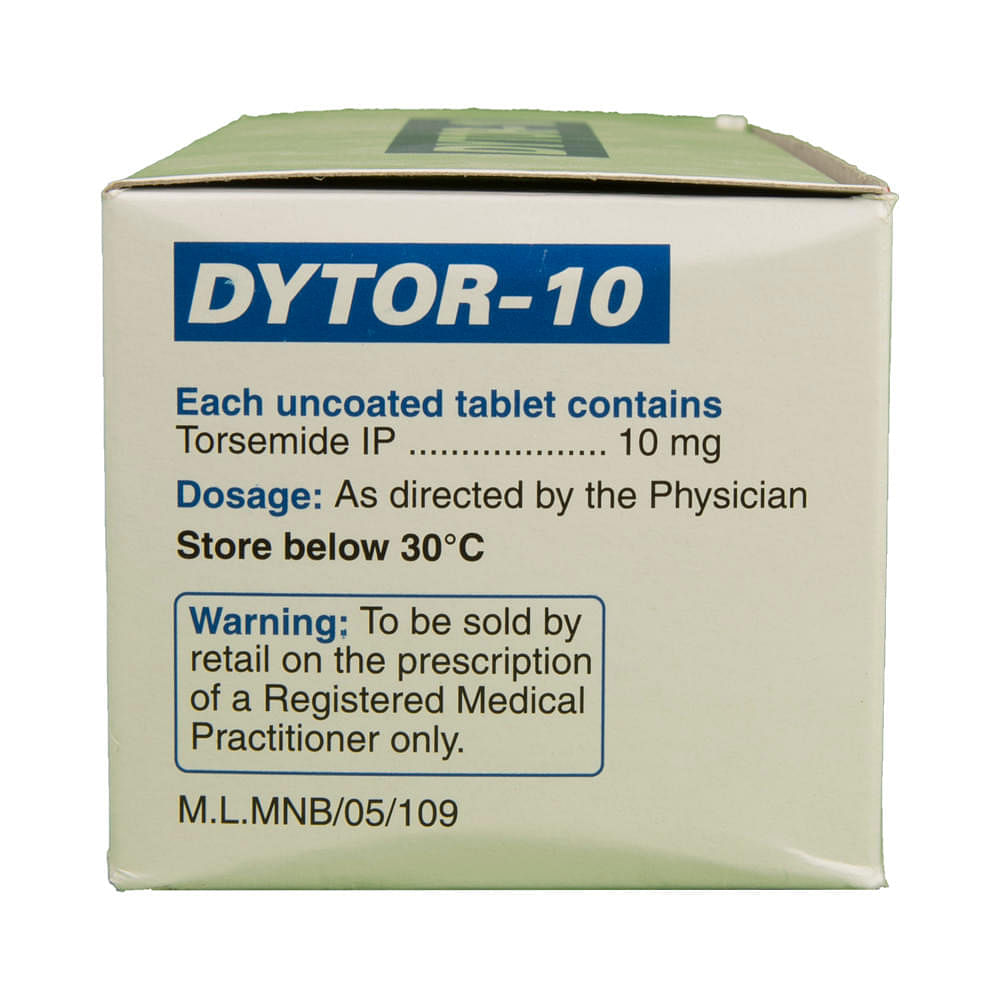
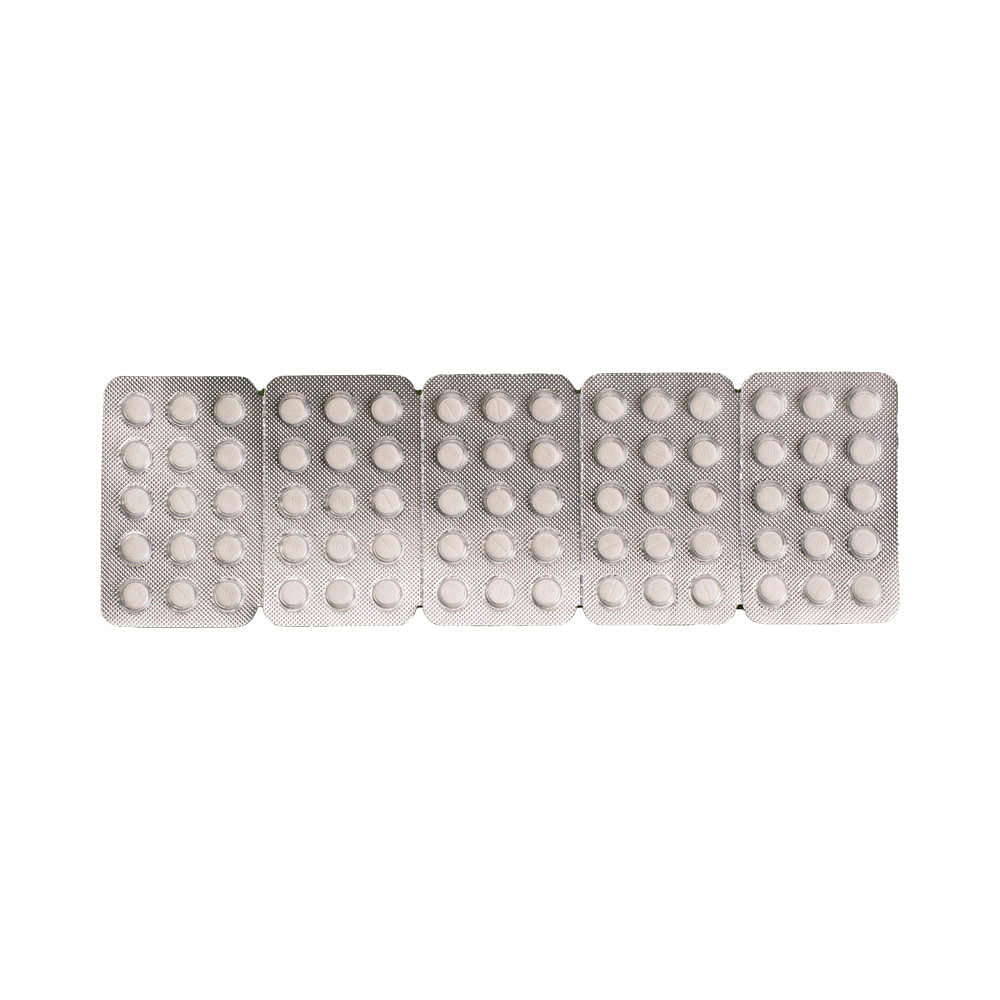
Dytor-10 Tablet
Manufacturer
Cipla Ltd
Salt Composition
Torasemide (10mg)
Key Information
Short Description
Dytor 10 Tablet is a diuretic used to reduce swelling caused by too much water in the body in people with heart failure, liver disease, or kidney disease. It is also used to treat high blood pressure.
Dosage Form
Tablet
Introduction
Dytor 10 Tablet helps your body get rid of extra water and salt through urine. It may be used alone or in combination with other medicines as per the dose advised by your doctor. It can be taken with or without food and should be taken at the same time each day.
Directions for Use
Take this medicine in the dose and duration as advised by your doctor. Swallow it as a whole. Do not chew, crush or break it. Dytor 10 Tablet may be taken with or without food but it is better to take it at a fixed time.
How it works
Dytor 10 Tablet is a diuretic. It removes extra water and certain electrolytes from the body by increasing the amount of urine produced.
Quick Tips
Take it in the morning with breakfast to avoid getting up at night to urinate. Monitor your blood pressure after starting Dytor 10 Tablet Consult your doctor if you experience dizziness, tiredness, or muscle weakness that does not go away. Take potassium supplements or potassium-rich diet as Dytor 10 Tablet can decrease your potassium levels and lead to dehydration. You may be asked to get regular blood tests done to monitor your kidney function.
Related Medicines
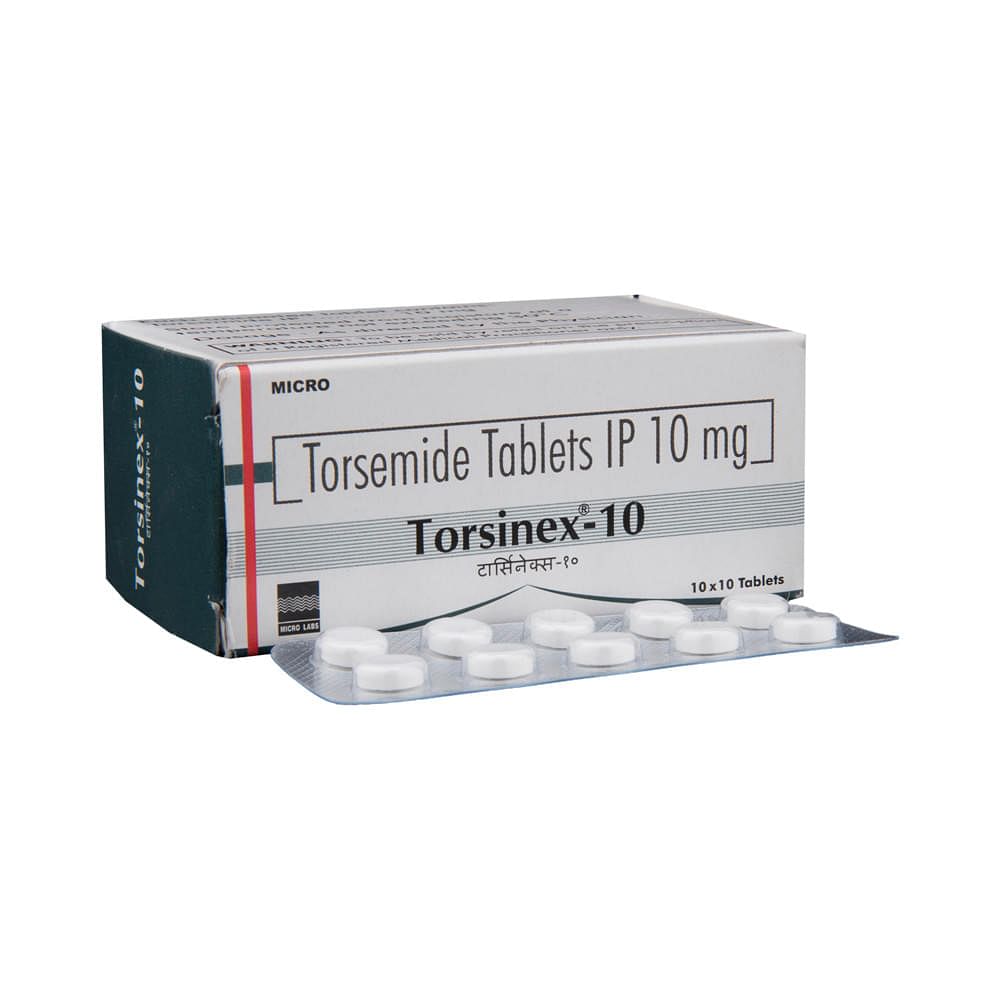
Torsinex-10 Tablet
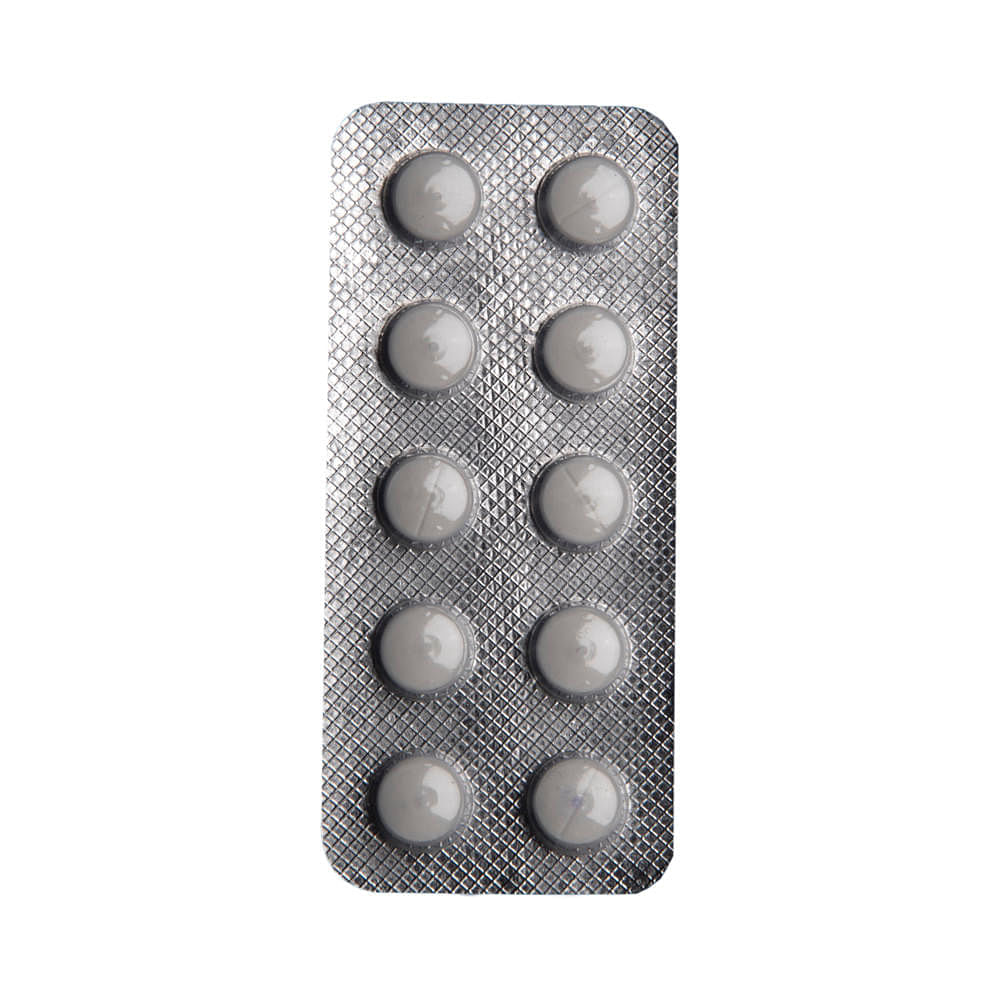
Torget 10 Tablet

Retorlix 10mg Tablet
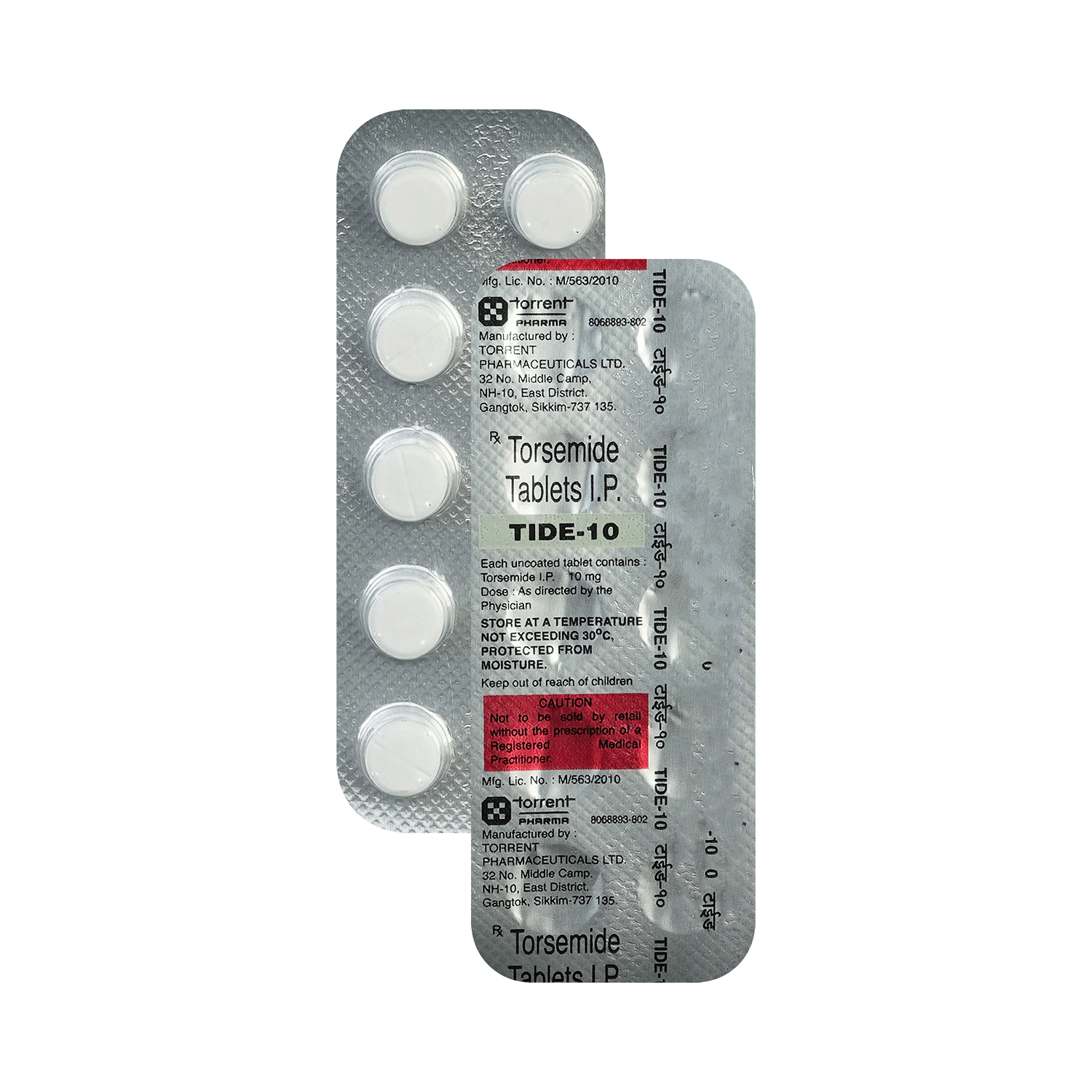
Tide-10 Tablet

Torsid 10 Tablet

Torsenorm 10mg Tablet

Dyloop 10
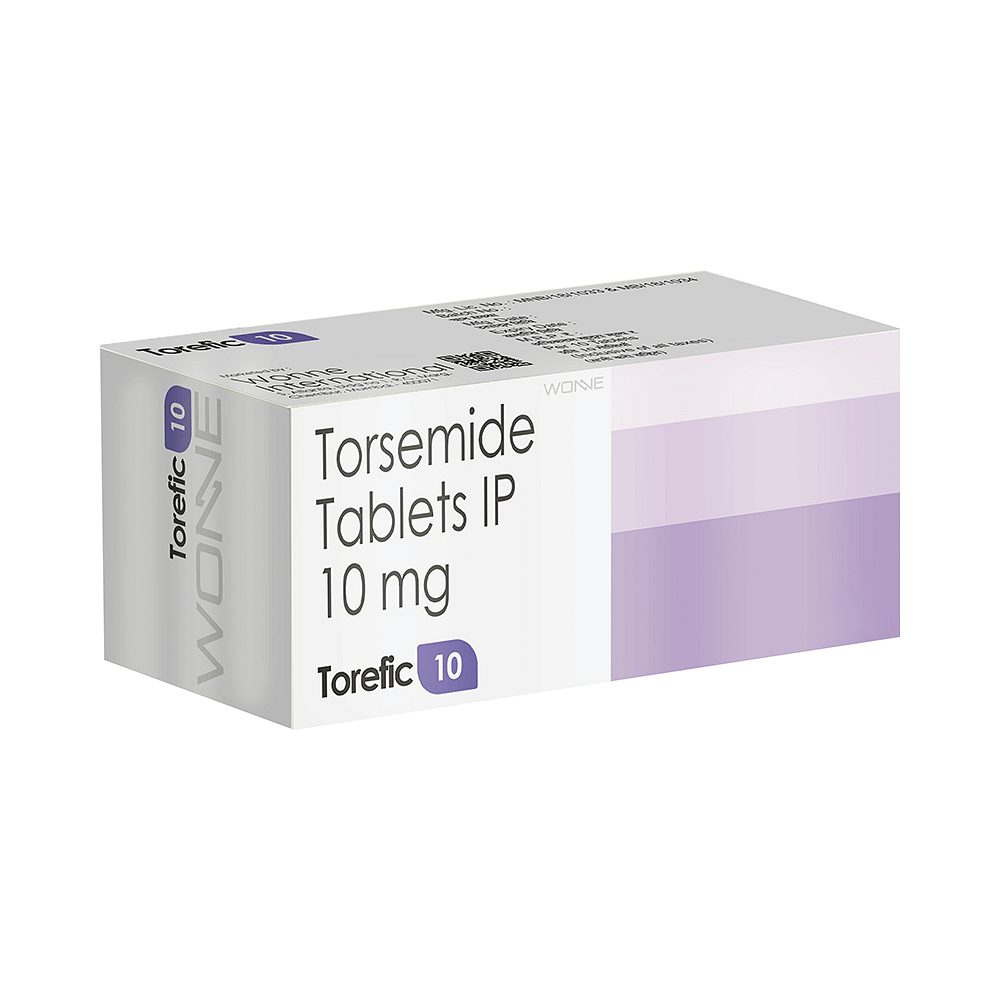
Torefic 10 Tablet
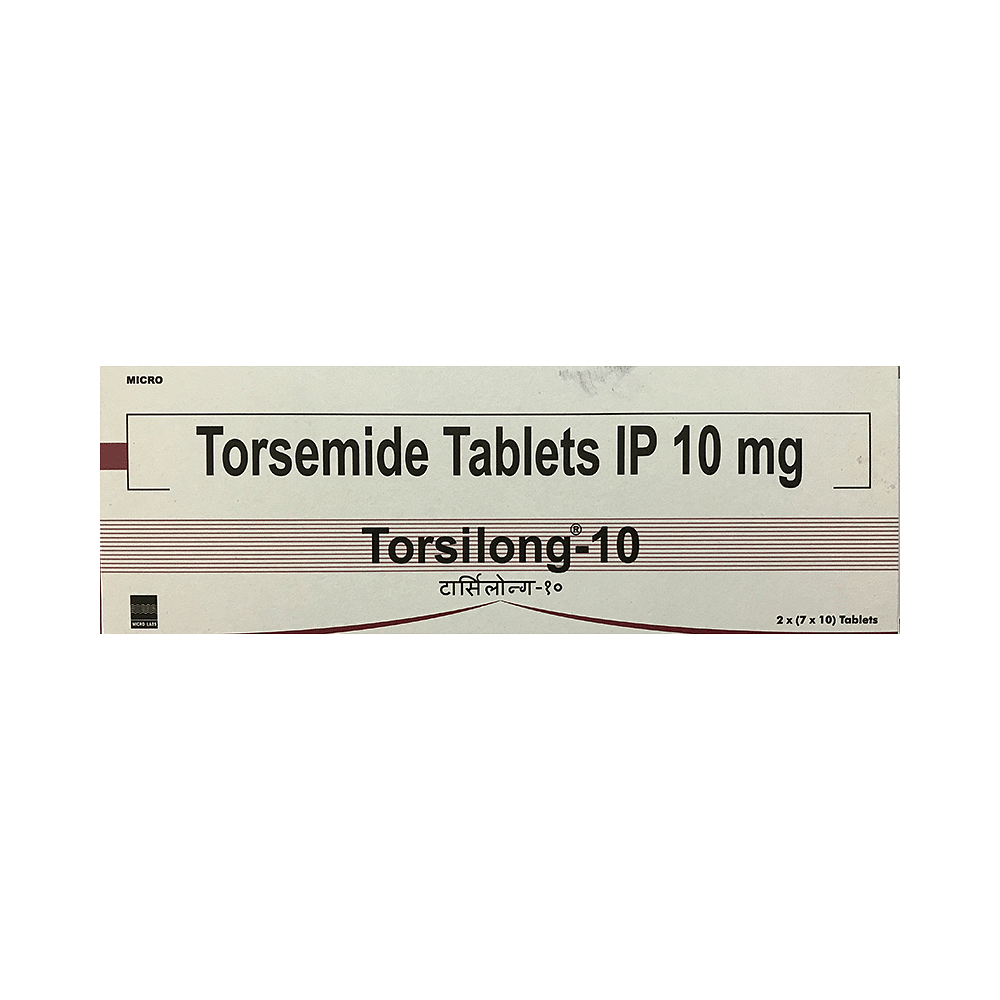
Torsilong 10 Tablet

Urosa 10mg Tablet
Frequently asked questions
Does Dytor 10 Tablet raise blood sugar levels?
Yes, Dytor 10 Tablet may cause an increase in blood sugar levels, leading to hyperglycemia. It is essential to monitor your blood glucose levels regularly during treatment with Dytor 10 Tablet.
What are the side effects of Dytor 10 Tablet?
Common side effects of Dytor 10 Tablet include headache, dizziness, dehydration, constipation, decreased blood pressure, and stomach upset. Serious side effects may include dehydration and electrolyte imbalance, rapid or excessive weight loss, vomiting blood, chest pain, difficulty breathing or swallowing, blisters or peeling skin, hives, rash, and itching. If you experience any of these symptoms, consult your doctor immediately.
Does Dytor 10 Tablet increase creatinine levels?
Yes, Dytor 10 Tablet may cause a mild increase in creatinine values, which may be more pronounced with long-term use. However, creatinine levels typically return to normal after discontinuation of treatment.
Does Dytor 10 Tablet cause loss of potassium?
While Dytor 10 Tablet does not directly cause potassium loss, it may lead to dehydration, which can result in the loss of potassium, sodium, calcium, and magnesium. It is essential to stay hydrated and monitor your electrolyte levels during treatment.
Can I stop taking Dytor 10 Tablet if my blood pressure is controlled?
Do not stop taking Dytor 10 Tablet without consulting your doctor. Stopping the medication may not immediately affect your blood pressure, but it may lead to a return to pre-treatment levels. Discuss any changes with your doctor, who may recommend adjusting your medication or dosage.
How should I take Dytor 10 Tablet?
Take Dytor 10 Tablet exactly as directed by your doctor. Typically, it is recommended to take one tablet daily, preferably at the same time each day. Due to the potential for increased urination, it is best to take Dytor 10 Tablet in the morning.
Is Dytor 10 Tablet stronger than furosemide?
Both Dytor 10 Tablet and furosemide are similar in terms of safety and effectiveness. The primary difference is that Dytor 10 Tablet has a longer duration of action compared to furosemide, with both medications starting to take effect within an hour of intake.
How long does it take for Dytor 10 Tablet to show its effects?
Dytor 10 Tablet starts working within an hour of oral administration and its effects typically last for 6-8 hours when taken orally.


